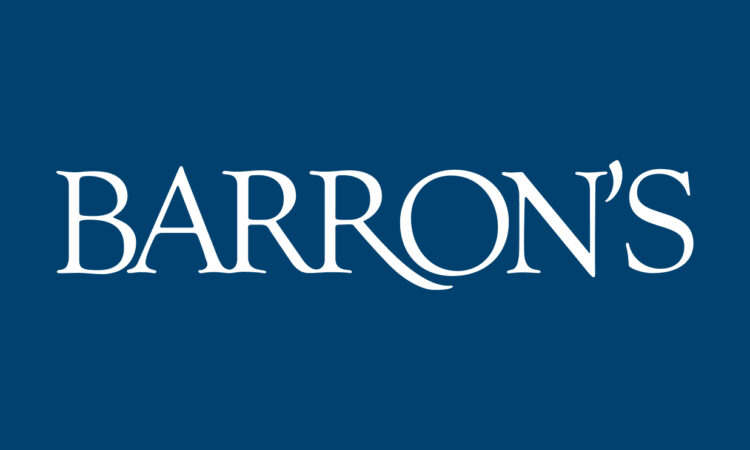
As Russian forces push back outgunned Ukrainian troops and conflict rocks the Middle East, calls are growing from panicked EU leaders for Europe to finally get serious about funding its own defence.
“It is time for the European awakening on defence and security,” EU chief Ursula von der Leyen told an industry summit in Brussels this week.
“There is so much at stake here — our freedom and our prosperity depend on our security, and we have to bring our actions in line with this changing security environment.”
More than two years after full-scale war returned to the continent, such soaring rhetoric is not new.
Days after Moscow’s invasion German Chancellor Olaf Scholz announced a historic “turning point”, and several months later French President Emmanuel Macron called for a “war economy”.
Advertisement – Scroll to Continue
Some key steps have been taken to plug the gaps after decades of underinvestment following the end of the Cold War.
More of NATO’s European members — including heavyweights France and Germany — have increased their defence spending to meet the alliance’s two percent target of GDP.
The European Union has launched a raft of initiatives aimed at ramping up its defence industries — bolstering their capacity to make the artillery shells desperately needed by Ukraine.
Advertisement – Scroll to Continue
But while Moscow has put its economy on a war-footing, the EU is still struggling to meet Ukraine’s needs and build up its own forces.
“I think that there has been a change in mindsets,” Michael Johansson, CEO of Swedish defence firm Saab, told the Brussels conference.
“But there’s much more to do.”
Advertisement – Scroll to Continue
Last month Brussels put forward a 1.5 billion euro ($1.6 billion) strategy to step up defence production, but officials say this is nowhere near sufficient.
Some EU countries have pitched the need for joint borrowing similar to Covid recovery funds to finance a much larger programme, with figures floating around putting the need at over 100 billion euros.
So far that push has got short shrift from so-called frugal nations led by Germany.
Advertisement – Scroll to Continue
Brussels is set to come up with more proposals for financing the defence push by a summit of EU leaders in June.
Those spearheading the calls for Europe to step up insist there is no time to squander — as fears swirl that a wider war could engulf the continent if the Kremlin triumphs in Ukraine.
“There are various estimates of how soon Russia will reconstitute and be in a position to attack again,” Estonian Prime Minister Kaja Kallas warned.
Advertisement – Scroll to Continue
“The number, three five or 10 years, does not really matter — everyone agrees that they will be ready and willing for the next war.”
The struggles of one of the EU’s flagship initiatives highlight some of the problems facing the bloc.
As Ukraine pleaded desperately for artillery shells in the spring of 2023, EU officials agreed a plan to get Kyiv one million rounds in the space of a year.
Part one involved subsidising EU countries to raid their stockpiles for any shells they could spare.
The second part saw the bloc’s defence agency told to negotiate framework contracts with EU producers to help member states club together to buy more.
By last September — lightning speed for the Brussels bureaucracy — a raft of those contracts were on the table.
Then it was up to the member states to put in their money.
But that never quite happened. Instead of a rush of deals, only a trickle of firm orders followed.
Now, more than eight months later, orders worth just 350 million euros — a little over 70,000 shells — have been signed by 12 EU countries. Stocks worth over one billion euros remain untapped.
“I feel we are talking too much, we really have to act now,” Andre Denk, deputy chief executive of the European Defence Agency, told a gathering in Brussels.
“Where’s the political will? Where is the financial contribution, the financial willing to really invest?”
Defence firms complain the reluctance of countries to cooperate together and commit to long-term contracts are holding back Europe’s industry.
“It is a bit of a chicken and egg issue,” Estonia’s prime minister told reporters in Brussels this week.
“We should do this together,” Kallas said. “Making the political decision to put more money into defence is the first step to give the signal to the defence industry to do more.”
“But whatever we decide to do, we need to do it fast.”
It’s not just Russia fuelling the sense of urgency in Europe: there is also the possible return to the White House of an isolationist Donald Trump after US elections in November.
Benedikta von Seherr-Thoss, a senior official at the EU’s foreign service, said that at the moment Europe buys 78 percent of its defence equipment outside the bloc.
“Of course, it will make a huge difference who the US president will be,” she said.
“But at the same time the question that we as Europeans have to ask ourselves is how dependent do we want to be for our security?”
ob/del/ec/yad






